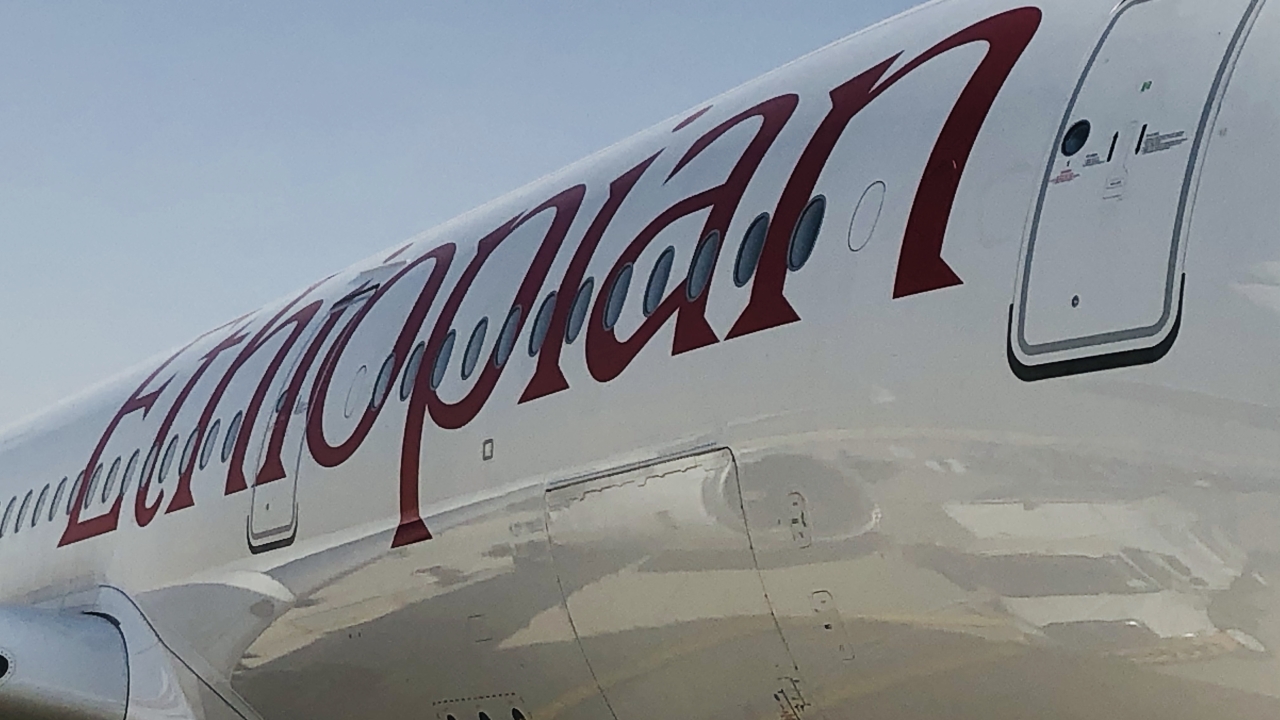The sound of silence on the flight deck
One highlight of Aviation Africa was the African launch of the new Bose headset meaning that airline pilots can at last benefit from a technology that has changed the world for passengers and general aviation pilots around the world.

When the music-loving Dr Amar Bose boarded his Swiss Air flight to Boston in 1978, he was full of excited anticipation. The airline was featuring headsets for the first time to allow passengers to listen to music during the long transatlantic flight.
That excitement didn’t last very long. After realising he couldn’t hear the music above the noise of the engines and turning up the volume simply distorted the sound, the MIT professor threw the plastic tubes off and took out his notebook.
By the end of the remaining seven hours of the flight, Bose had written out the equations that would develop the noise-cancelling technology that would revolutionise the passenger experience.
It took six years before a working prototype was developed, coinciding with a lot of interest in another aviation pioneering moment as pilots Dick Rutan and Jeana Yeager were preparing for their mission to become the first people to circumnavigate the world, non-stop, without refuelling. The pair were advised they could lose 30% of their hearing during the mission.
Dr Bose demonstrated his new headset to the pair, who described the invention as “mission critical”. The record-breaking Voyager flight resulted in no hearing loss.
While Dr Bose and his now successful Bose Corporation turned their focus to bringing the active noise-cancelling technology to market for passengers, the commercial aviators were left behind.
But not any more.
At a series of major aviation events during April, from Sun and Sands in Florida, Aircraft Interiors Expo in Hamburg, Aviation Africa in Cairo, and Aero Friedrichshafen in Germany, Bose unveiled its new active noise-cancelling headset for the flight deck, the Bose ProFlight Aviation Headset.
Designed for the professional pilot in business and commercial aircraft, the ProFlight is the industry’s smallest, quietest, and – having tested it myself at Bose’s Massachusetts headquarters – most comfortable active noise-cancelling communication headset.
It is packed with new technology, featuring more than 30 US design and utility patents, and features a lightweight and comfortable in-ear configuration, three user-selectable levels of active noise cancellation, and a tap control for a talk through communication function that allows pilots to hear anyone on the flight deck who is not connected to the intercom – without removing the headset or an earpiece.
It is Federal Aviation Administration (FAA) TSO C139a and European Aviation Safety Agency (EASA) E/TSO C139a certified – a requirement that is increasingly important for many airlines and corporate flight departments.
“We’ve spent more than 30 years researching and developing active noise-cancelling technology,” said Matt Ruwe, senior product manager, Bose aviation and military headsets. “This is the culmination of that experience and knowledge, and provides a real solution to many of the challenges pilots of crewed and turbine-powered aircraft face.”
The ProFlight is designed for the lower noise environment. It caters for the unique needs of pilots of airline and top-end business jets.
The company’s best-selling A20 headsets already dominate the market for general aviation and turboprop pilots and the new ProFlight takes it a stage further.
“As a company, we are obsessive about bettering what has been done before,” said Tim Leland, head of brand and product marketing. “We recognised the big differences on the airline flight deck and that the pilot needed to control the level of noise reduction. We wanted to develop it so the pilot doesn’t have to take off the headset during flight, to make it that comfortable.”
Using ideas from the Bose well-being range, the lightweight in-ear silicone tip rests in the upper ridge of the ear for more comfort, and the technology allows the pilot to just flick his ear to turn any noise reduction off. It also features Bluetooth and has a 48-hour battery life.
Bose is talking to airlines across the Middle East and Africa about fleet deals for the headset, which becomes available for retail sale during the first week of May at an expected price of a little less than $1,000.
Stay up to date
Subscribe to the free Times Aerospace newsletter and receive the latest content every week. We'll never share your email address.

